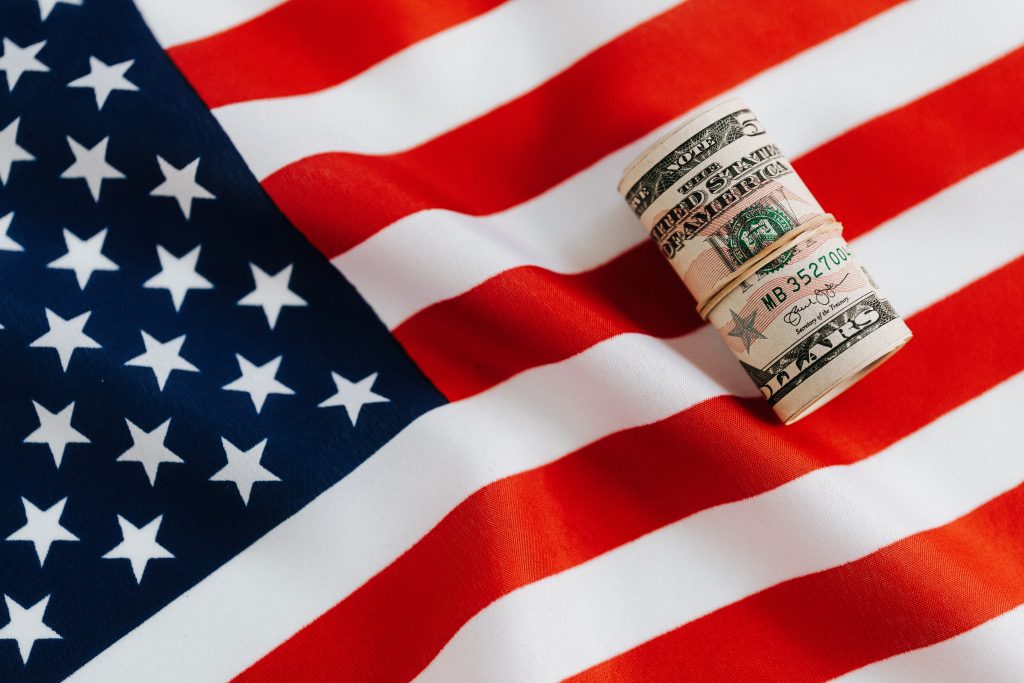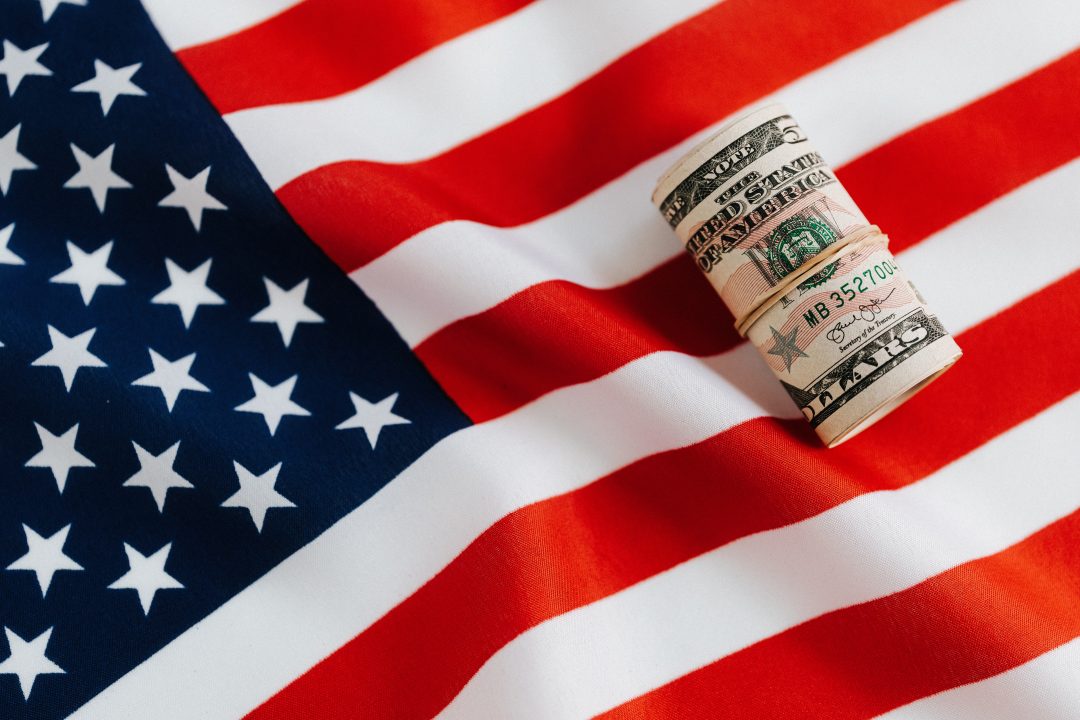Preparing for Federal Student Loan Payments
For more than three years, millions of Americans were exempt from repaying their federal student loans. However, the time for change has arrived. Student loan payments will start in October, a significant change for both borrowers and the educational finance system. Borrowers are confused about the impending transition, but don’t worry. In this blog, we hope to answer your questions and provide important information about the future adjustments.
How Long Do Borrowers Have to Repay Their Student Loans?
One of the first inquiries that many borrowers have is how long they have to repay their student loans. Federal student loans often have a variety of repayment options, each with its own timetable. The typical payback schedule lasts ten years. Under typical conditions, borrowers are expected to repay their debts within a decade.
Alternative repayment plans, such as income-driven repayment alternatives, can, depending on the plan, extend the repayment duration to 20 to 25 years. Monthly payments for these plans are based on your salary and family size, making them more accessible for people with limited financial resources.

Have Student Loan Payments Resumed?
Student loan payments have begun as of October. Borrowers must resume paying payments on their federal student loans after more than three years of temporary reprieve. This resumption is a huge adjustment for many people, so it’s critical to understand your responsibilities and options.
If you are concerned about your capacity to continue payments, it is critical to investigate your options, such as income-driven repayment plans or deferment and forbearance options, which can provide temporary assistance depending on your circumstances.
What Is a Student Loan Repayment Plan?
Borrowers must understand the various student loan repayment programs as they navigate this transitional phase. Repayment plans specify how and when you will repay your loans.
Here are some of the most common federal student loan repayment plans:
Standard Repayment Plan: This plan requires fixed monthly payments over ten years.
Graduated Repayment Plan: Payments start low and increase every two years over ten years.
Income-Driven Repayment Plans: These plans adjust your monthly payments based on your income and family size, making them more affordable for those with lower incomes.
Extended Repayment Plan: This option allows you to extend your repayment term to 25 years, reducing your monthly payments but potentially increasing the total interest paid.
Public Service Loan Forgiveness (PSLF): This program forgives remaining loan balances after 10 years of qualifying payments for borrowers working in public service or nonprofit organizations.
How do I know if my student loans will be forgiven?
Whether or not your student loans will be forgiven is determined by a variety of criteria, including the type of loan you have, your work status, and the forgiveness programs for which you may be eligible. Here are some procedures to help you determine whether your student loans may be forgiven:
Determine Whether You Have Federal or Private Student Loans: Determine whether you have federal or private student loans. Private loans are often not eligible for loan forgiveness programs, although federal loans are.
Public Service Loan Forgiveness (PSLF): You may be eligible for loan forgiveness if you work in a qualifying public service or nonprofit employment and have made 120 qualifying payments under the PSLF program. Examine whether your work and loans fit the PSLF requirements.
Teacher Loan Forgiveness: If you are a teacher, you may be eligible for loan forgiveness if you teach for five years in a low-income school or educational support organization.
Military Service: Depending on their branch and length of service, some military service members may be eligible for loan forgiveness or repayment aid programs.
Other Forgiveness Programs: Look into other specialty loan forgiveness programs in professions such as healthcare, law enforcement, or state-specific programs.
Examine Eligibility: Examine the specific requirements and eligibility criteria for any forgiveness programs you believe you may be eligible for. These criteria can differ greatly.
Keep comprehensive records of your payments, employment, and any other required papers. This will be necessary while requesting forgiveness.
Now, let’s go through these repayment options in further detail, as well as some recent developments that borrowers should be aware of. But, before we go any further, you might be interested in learning about student loan forgiveness programs and the SAVE Plan for managing student debt. These resources might provide useful insights into solutions that may help you reduce your financial burden.
[Resources]
